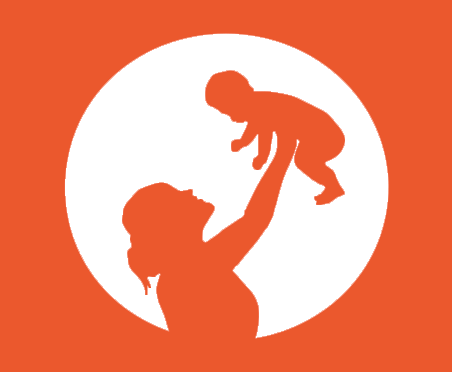Optimizing and Safeguarding Women’s Nutrition – Join Us in Building a Shared and Actionable Agenda
Every woman and girl has an innate right to good nutrition, regardless of all else. This is true today, on International Women’s Day, and it is true for every woman and girl every day.
Over the last decade, we have made great strides in addressing maternal and child undernutrition but despite our success, yesterday’s UNICEF report estimates that more than 1 billion women and girls still suffer from undernutrition and micronutrient deficiencies. UNICEF also reminds us that the global food and nutrition crisis continues to hit women and girls the hardest – with a rise from 5.5 to 6.9 million pregnant and breastfeeding mothers suffering from acute malnutrition. That is one in four mothers.
The issue of nutrition for women and girls is one of equity. Prioritizing optimal nutrition for all women and girls of all ages produces a productive ripple effect on their communities, nations, and most importantly, opens pathways to greater opportunities for women themselves.
We can acknowledge the pivotal roles women and girls play in ensuring the health and well-being of their families while honoring their individual rights to health and nutrition. We must shift our focus to women and girls as individuals with their own aspirations and dreams ensuring they have access to proper nutrition at every stage of life. To accelerate progress and energize advocates and decision makers, we are co-creating a shared Action Agenda to advance women and girls through optimal nutrition.
The nutrition, maternal child heath, and gender communities and fellow advocates have identified four critical areas for action, underpinned by a call for a global data revolution: healthy diets; care (health and social protection services); gender equality; and a multi-system enabling environments. There is an urgent need to improve girls’ and women’s nutrition, and mobilize leaders and resources to implement policies and programs to strengthen the social and economic empowerment of adolescent girls and women to access good nutrition. Good nutrition is fundamental to every person’s ability to live a healthy, productive life and it’s time for women and girls to reap these benefits.
Today, on International Women’s Day, we call for everyone to support An Action Agenda for A Nourished World by signing up to advocate for impactful action across these four priority areas. We are building an agenda to last, and we are seeking allies. Far greater investment and policy protection is required to optimize and safeguard women and girls’ nutrition. Will you join us? Sign up here to learn more.






